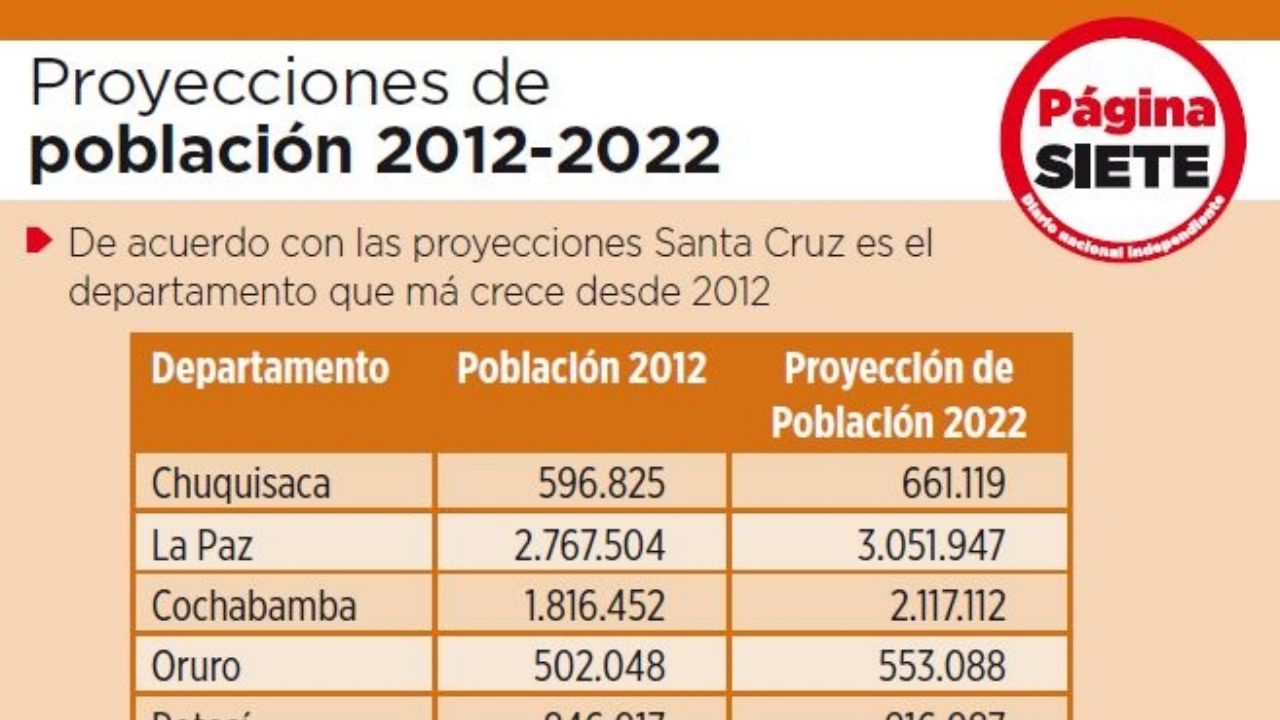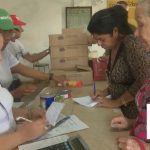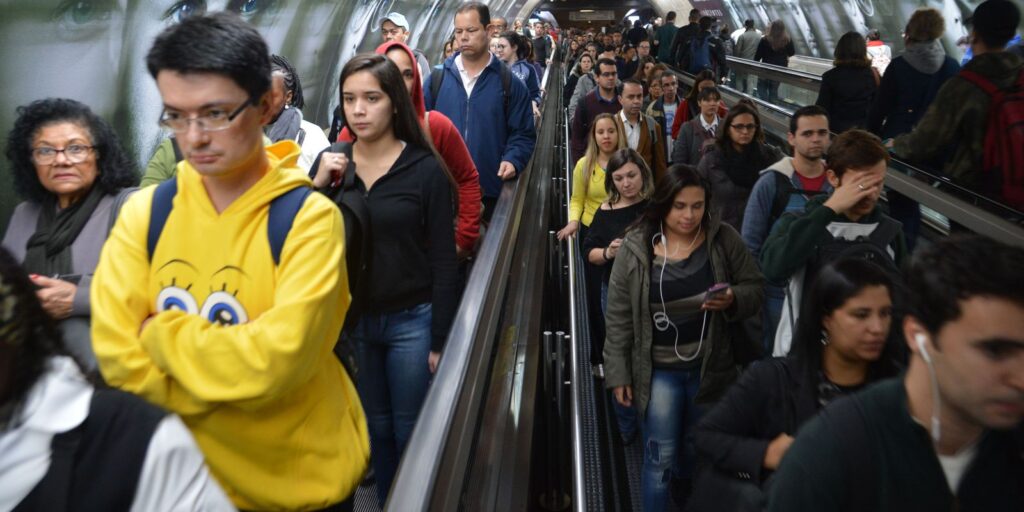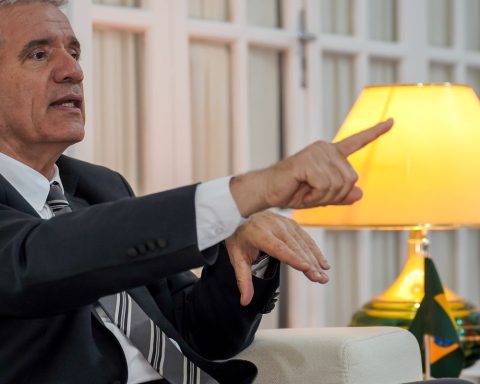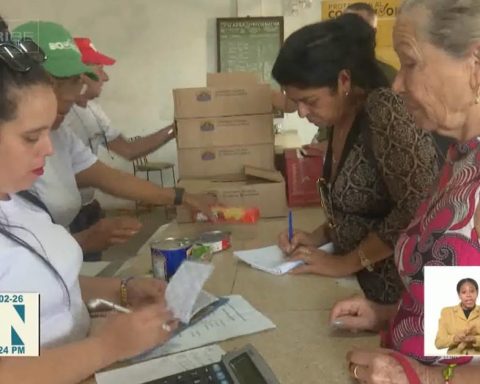Page Seven / La Paz
The National Institute of Statistics (INE) projects the pre-census and cartographic update for July, while the regions ask for transparency and the FAM demands that the 2022 Population and Housing Census be postponed.
The director of the INE, Huberto Arandia, responded to the criticism that has emerged in recent weeks about the lack of information on the process and detailed the progress and next steps.
At the moment, the entity guarantees the completion of the census on November 16.
Arandia reported that the next stage is the cartographic update that begins next week.
“This statistical cartographic update, for which we have already launched the call in Sicoes, seeks to carry out a sweep of each of the households, which will allow us to carry out the census,” he specified.
According to the director of the INE, it is expected to finish the cartography in July and carry out the precensus that month as well.
That is subject, he said, to compliance with all the parameters and the established schedule and no external risks are presented.
“It is extremely important that the entire country collaborate to carry out the statistical cartographic update and that society open its doors and provide information to carry out a successful census project,” Arandia said.
For this process, coordination was carried out with the municipalities to have information on urban and dispersed areas, the forms were developed and 4 pilot tests were carried out.
Among the advances, Arandia highlighted the development of computer systems, since there are applications developed by the INE for cartographic updating, the capture of homes and the questions that will be asked together with the monitoring software. “Today computer security is a fundamental pillar and to date we have the Agetic certification that indicates that the applications are 100% free of vulnerability,” he pointed out.
On the other hand, to date the census ballot has already been completed. There is a preliminary version and its content was coordinated with the Executive Body.
“The ballot has already been reviewed by the main international census institution in Latin America, Unfpa, Celade and ECLAC, only some aspects need to be defined,” he said. For the field operation, the strategy was completed, the operational structure, the TOR, manuals, logistics, and hiring began.
Regarding the census budget, the activities, the pre-census, census and post-census stages are fine-tuned and estimates are still made with international organizations that support the process.
Rodrigo Paz, senator for Tarija from the Citizen Community (CC), maintained that he asked the regions to declare themselves in a national emergency because the director of the INE only reviewed the academic texts on how a census is formally carried out and a budget is not yet available. .
He added that the INE formed an international committee to follow up in which the departments do not participate.
“As regions we remain on tenterhooks and with the feeling that the Government is afraid of the census, because this will have an impact on public policies and then the fiscal pact will be made where the macroeconomic and productive policy of the country must be reordered. That is why they want to do the process in four walls”, he remarked.
For Senator Paz, although the census is an exclusive competence of the central level, according to the Constitution, this does not prohibit transparency and coordination of the process with different national institutions. “We have proposed the creation of departmental statistics institutes or what Santa Cruz did with inter-institutional committees where universities are the first instance followed by governorates, municipalities, business chambers to make transparent and generate counterweights,” he added.
Centa Rek, senator of We Believe for Santa Cruz, argued that there is an urgency for the census, but the statements of the director of the INE are not enough.
In his opinion, activities should begin to be generated, budget certainty, procedures transparent, and cartographic evaluation carried out. “It is requested to have access to the census procedures, the process is delayed. Santa Cruz will be vigilant. There is an inter-institutional committee to monitor and carry out a census according to the needs of Bolivians”, he said.
The president of the Federation of Municipal Associations (FAM), Enrique Leaño, proposed postponing the census for five years and first generating a consensus on the variables or indicators that will be applied in the distribution of resources and seats. “We do not believe that it is still convenient to carry out this census without prior analysis of what factors or variables we should incorporate and not only use the population number, which is very important, of course,” he stressed, according to Correo del Sur.
He added that in the last two years many people emigrated to other regions because there was no investment and what the municipality is looking for is to promote capital, so that people return.
Personnel in charge
- Covid-19 • The issue of the coronavirus will be incorporated into the ballot of the National Population and Housing Census, the Vice Minister of Planning and Coordination, Carlos Guachalla, informed Erbol.
- Personal • The director of the INE, Humberto Arandia, reported that on the day of the census, November 16, 305,000 people will be mobilized to collect data, while in the pre-census stage it is estimated that 10,000 people will be hired. He assured that this census is done in 93% less time than in the 2012 survey.
